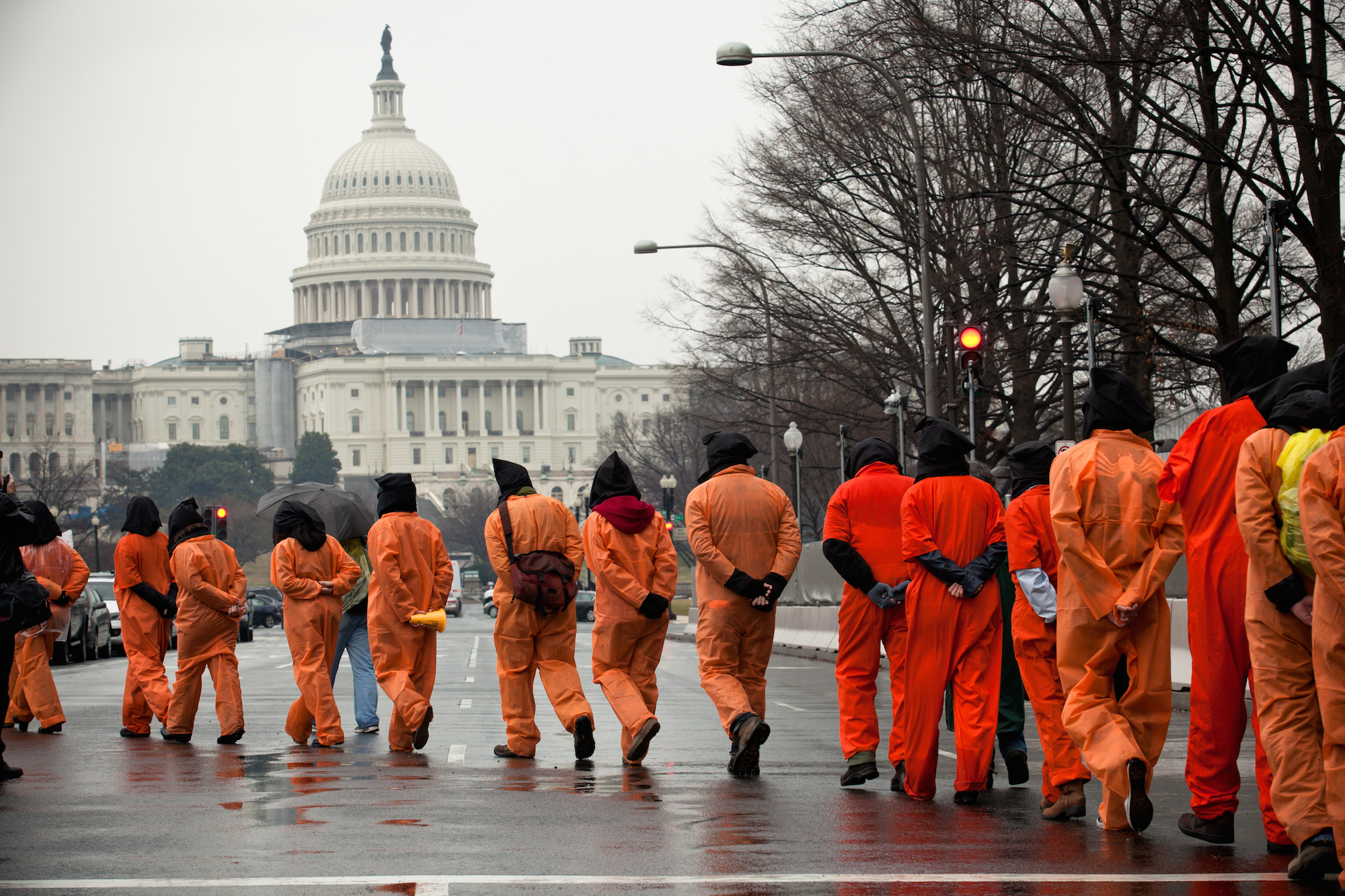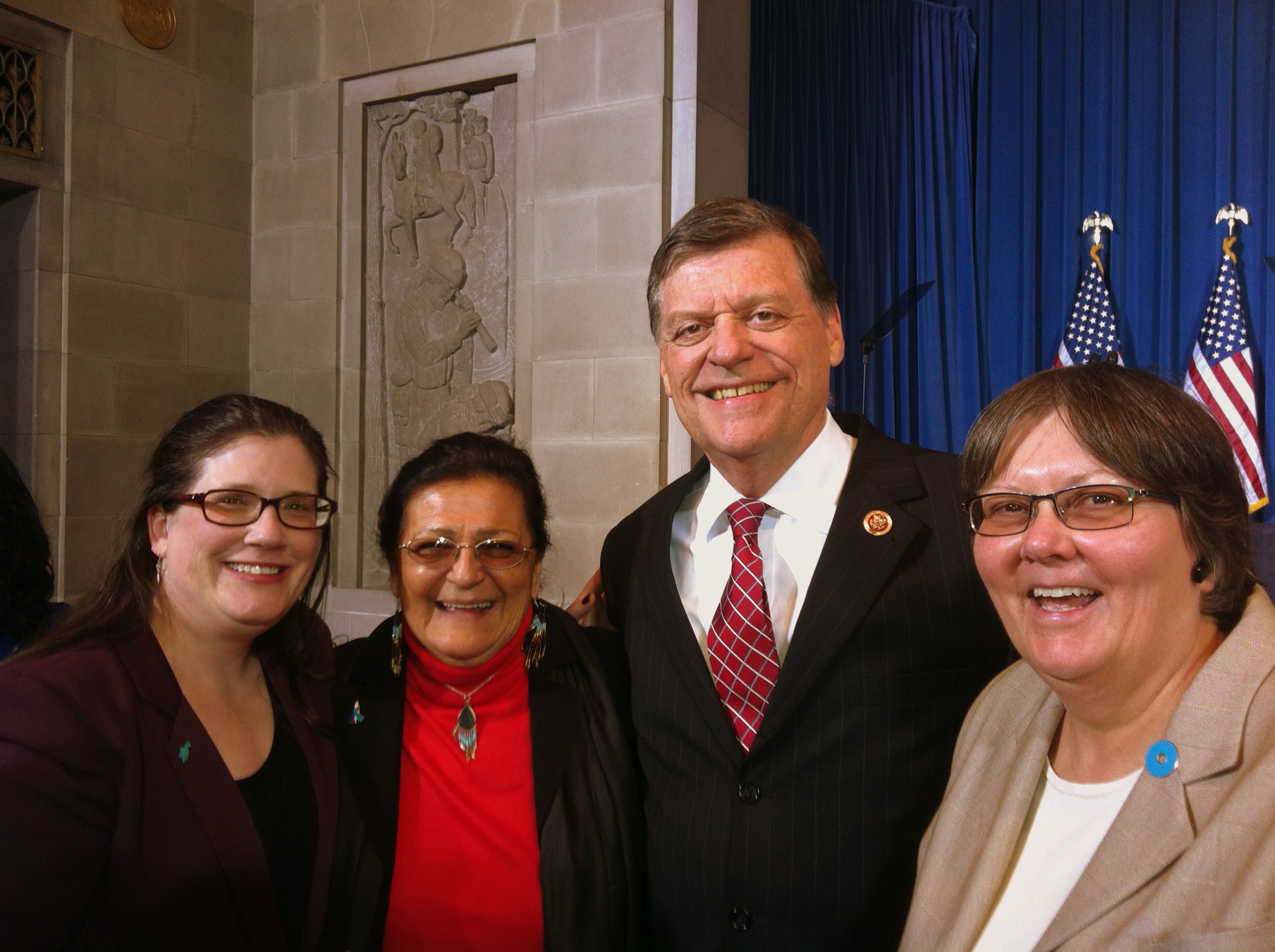 Yup, it’s that time of the year again: the sun is shining, birds are singing, school’s almost out, and elected officials are trying to take our human rights away. It’s NDAA time.
Yup, it’s that time of the year again: the sun is shining, birds are singing, school’s almost out, and elected officials are trying to take our human rights away. It’s NDAA time.
What does that mean? You have two options:
1) If you’re an NDAA junkie, and already know that the Smith/Amash effort to improve the NDAA just lost in the House this morning, then sign this action calling for repeal of Sections 1021 & 1022.
2) If you have no idea what I’m talking about then keep reading for an NDAA 101.
The National Defense Authorization Act (NDAA) is an important piece of legislation passed every year to authorize defense expenditures. In and of itself, it’s not a big deal. But it often gets hijacked for other purposes (see Wikipedia entry for Pork barrel) and sometimes for really bad ones–and thus our story begins.
Last year a bipartisan group led by Senators Carl Levin (D-MI) and John McCain (R-AZ) passed amendments to the 2012 NDAA that dealt with how the government detains suspected terrorists. The detention provisions, specifically Sections 1021 and 1022–signed in to law with the rest of the NDAA by President Obama on New Year’s eve while most of us were in Times Square–further entrenched indefinite detention, discrimination based on citizenship, and the paradigm of global unending war in US law.
SEE THE REST OF THIS POST





 Today
Today


